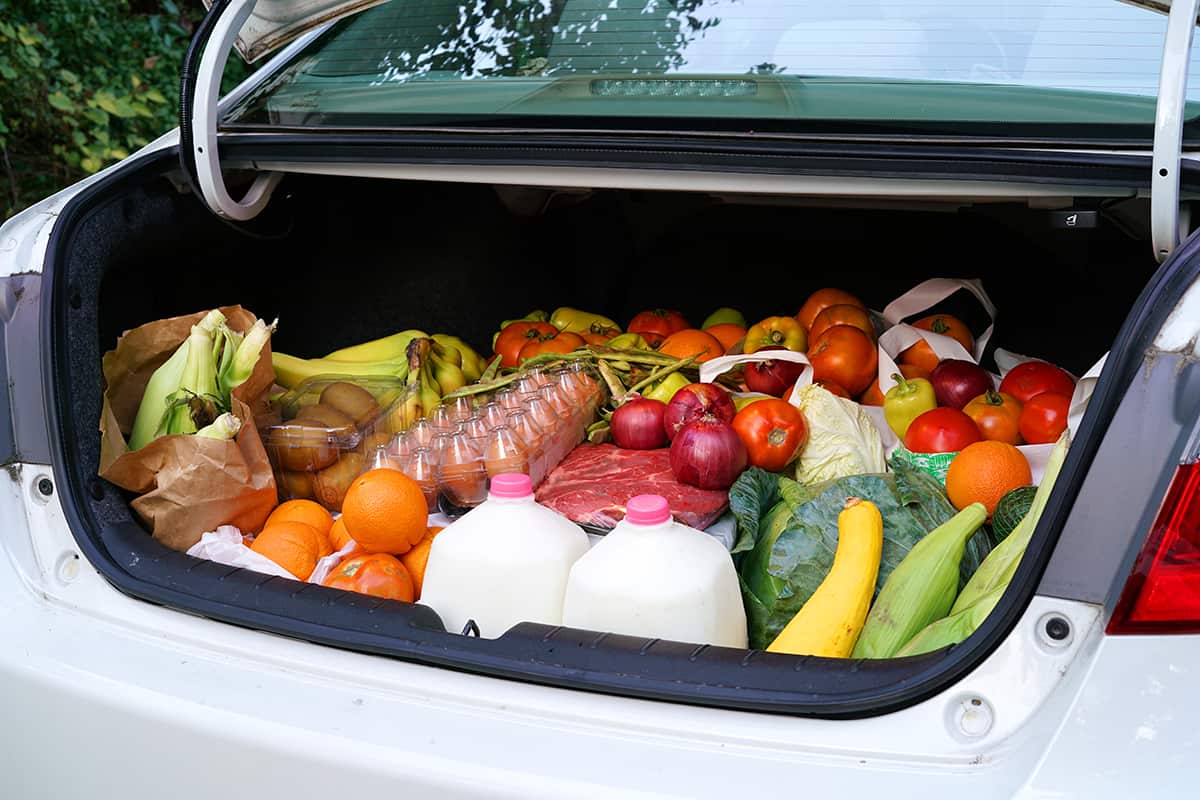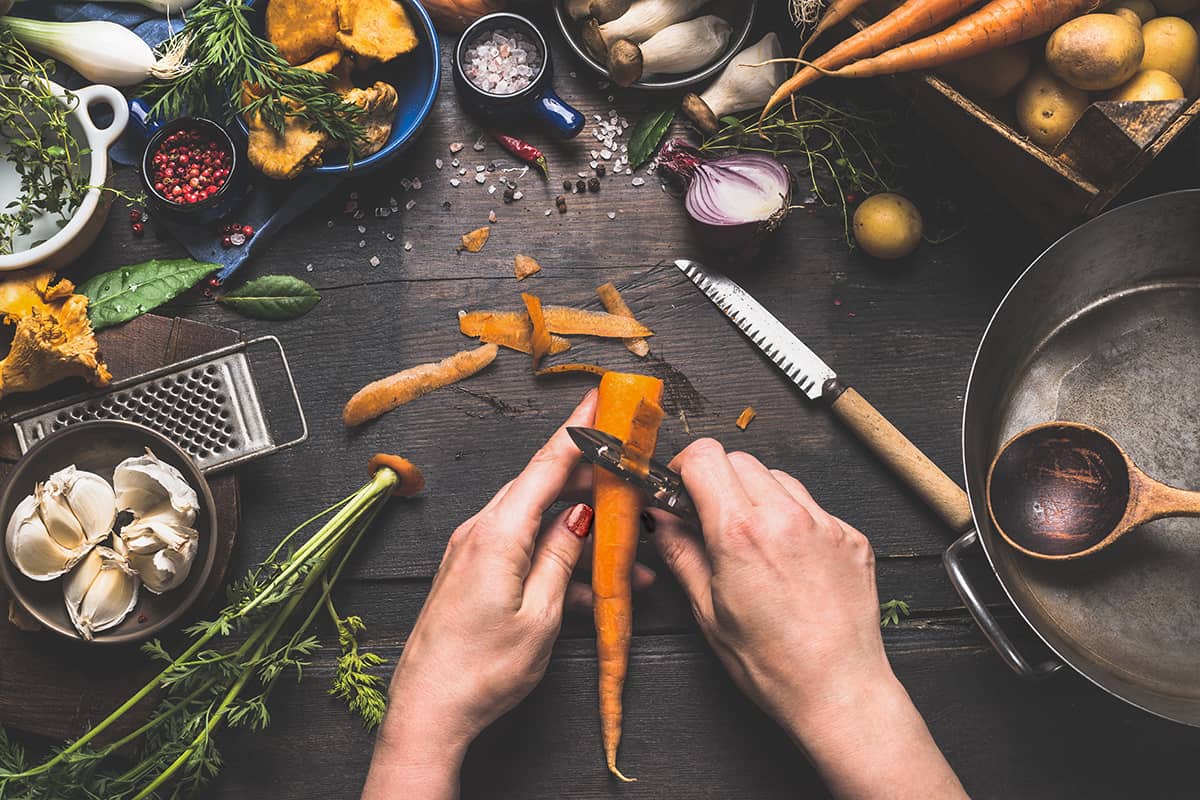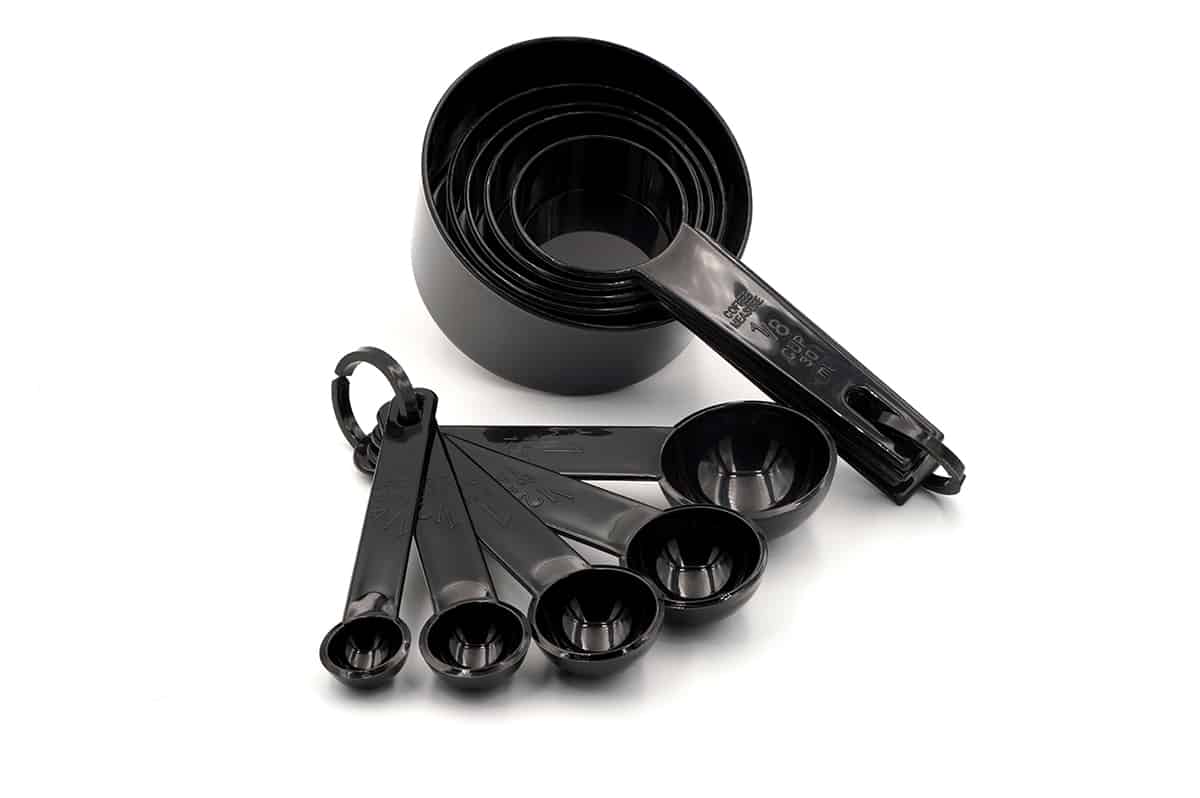There are so many scenarios where you might need to leave groceries in the car for longer than you’d like. Sometimes this is unavoidable, for example, if you get stuck in a bad traffic jam on your way home from the store.
Other times, you might be able to plan ahead and use certain techniques to ensure your groceries are kept cool in the trunk of your car. It’s good to know exactly how long different items will last in the car so that you can make the safe decision and throw away food that has been spoiled rather than risk eating it.
The amount of time you can leave groceries in the car will, of course, depend on the type of groceries you bought and the temperature in the car.
Perishables that would ordinarily be stored in a refrigerator are the most at risk of spoiling, and these should be left in your car for no more than 2 hours. Non-perishable items can remain in the car for an unlimited amount of time without spoiling, though you may want to be aware of any foods that could melt in warm temperatures, such as chocolate.
How Long Can Different Types of Groceries Last in a Car?
Depending on the type of groceries you have bought, you have varying lengths of time that you can leave them in the car. Here we break down the time groceries can be left in the car according to the type of food.
Frozen foods
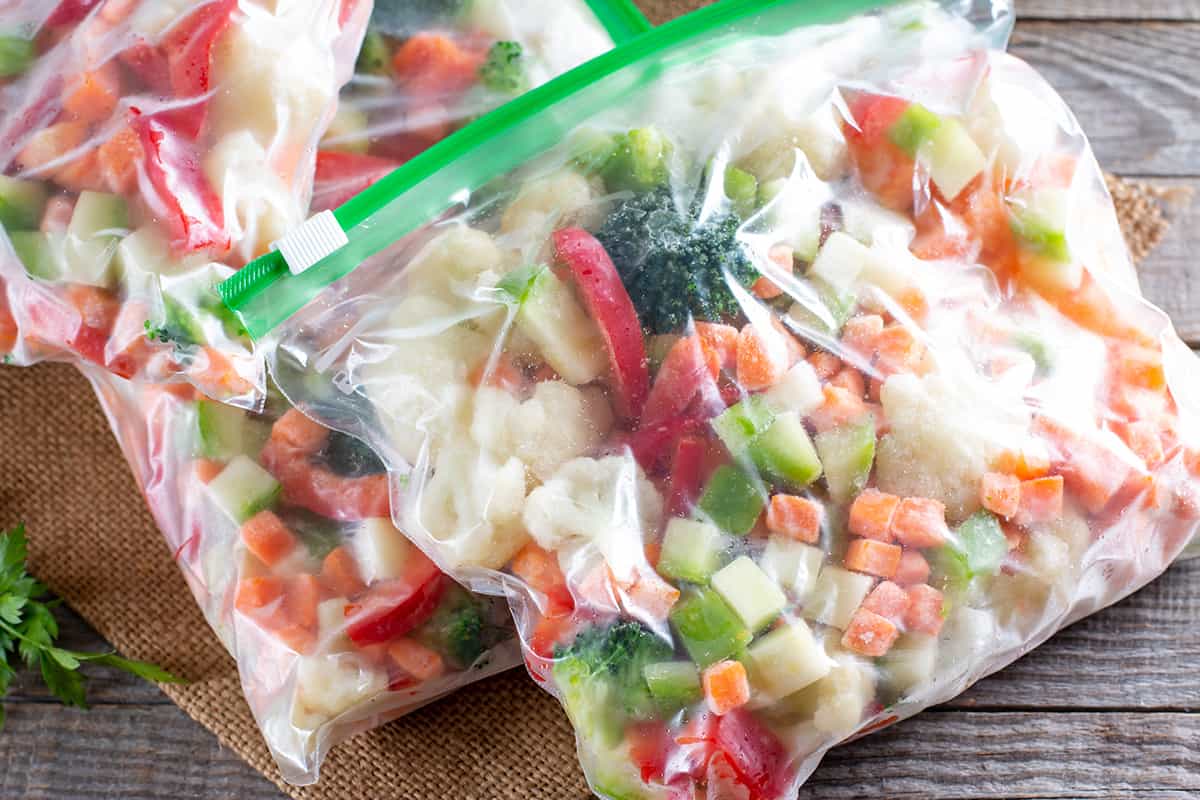
Many people worry about frozen items defrosting or melting by the time they get home from the store, but actually, frozen foods are the least of your concern. Since frozen foods are already at a very low temperature when you purchase them, it will take much longer for them to thaw and reach a level that allows bacteria to multiply.
Some types of frozen food will thaw much faster than others; for example, imagine leaving a tub of ice cream on your kitchen counter on a hot day versus leaving a large joint of pork out on a hot day. The ice cream will, of course, defrost much faster than the meat, so if you have ice cream in your grocery bags, then you should get home to move it to your freezer as soon as possible.
Once the ice cream has melted, you shouldn’t refreeze it, so if your ice cream is in your car for too long, you may have to throw it away when you get home. Typically you can expect ice cream to last in your car for up to an hour, while other frozen items, such as meat, fish, and vegetables, will hold out for several more hours.
Refrigerator foods
Foods that belong in the refrigerator, also known as perishables, are the most at-risk items when kept in the car. Bacteria thrive on warmth and moisture, so it can be very dangerous to leave perishable foods in the car, especially on a warm day. Typically, you should not allow your refrigerator foods to be left in your car for more than two hours.
After this point, they can be unsafe to eat. You should pay particular attention to cooked meats that will not be reheated before consumption, such as cooked hams and rotisserie chicken. These are much more dangerous to eat compared with perishable foods, which will be reheated before eating.
Raw chicken breast, for example, will need to be cooked before eating, and the cooking process will kill any of the bacteria that multiplied on it during a hot car journey. However, the cooked ham will not be reheated, and therefore if you eat this after it has been left in a warm car for several hours, you will be eating the bacteria.
Non-perishable foods
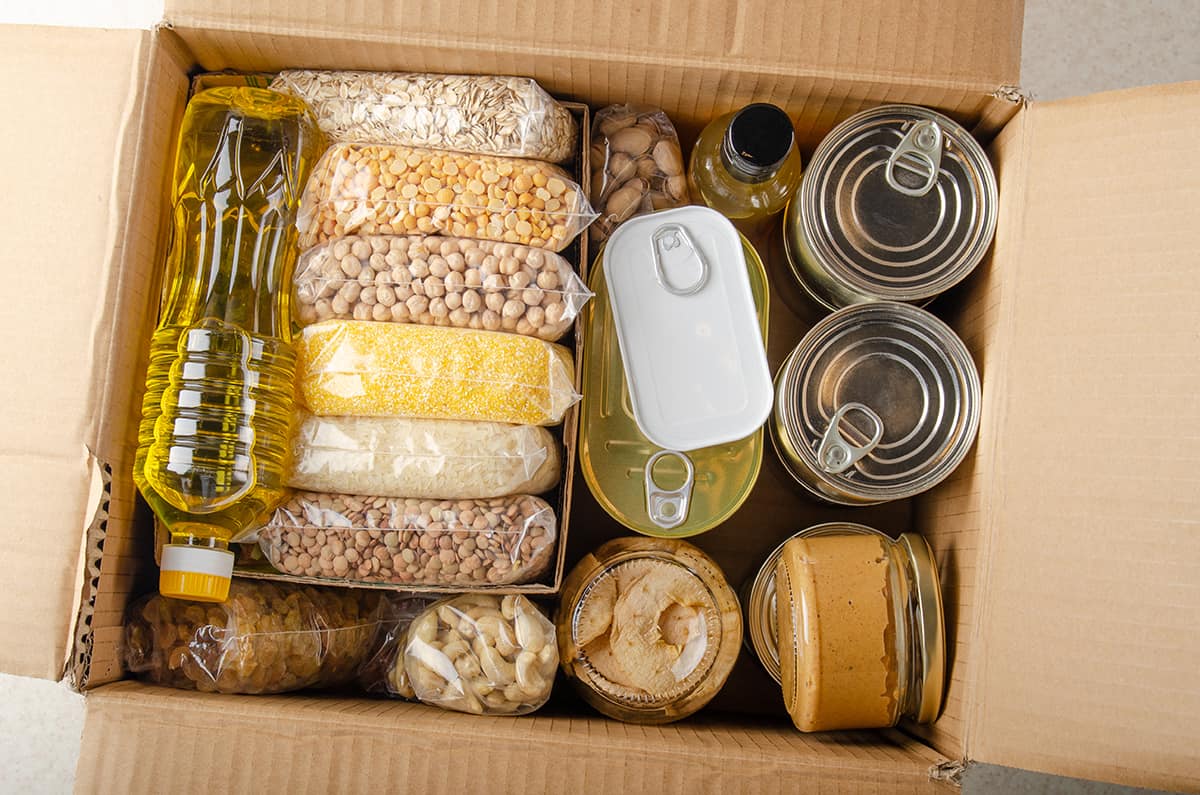
Non-perishable foods can be left in the car for as long as you need. You could purchase a bag of non-perishable foods on your way to work, leave them in your car all day, and then drive home and eat them, and they would be just fine. Non-perishable foods include items that do not need to be kept cool, such as cereals, canned vegetables, and potato chips.
The only consideration you will need to make on non-perishable foods is whether they contain ingredients that could melt, such as chocolate. You don’t want to get home to find that all of the chocolate chips in your cookies have melted into a big sticky mess.
Tips for Keeping Groceries Cool
If you can’t avoid leaving groceries in your car for longer periods of time than is ideal, there are techniques you can use to help ensure they don’t go bad.
Park in the shade
If you have groceries in your car on a hot day and you need to park up, for example, to collect children from school or run an errand at the bank, then the best place to position your car is in a shady spot. Find the shade of a tree or a building where the temperature will be slightly lower than in the direct sun, and this will help to ensure your groceries don’t warm up too much.
Use coolers and insulated bags
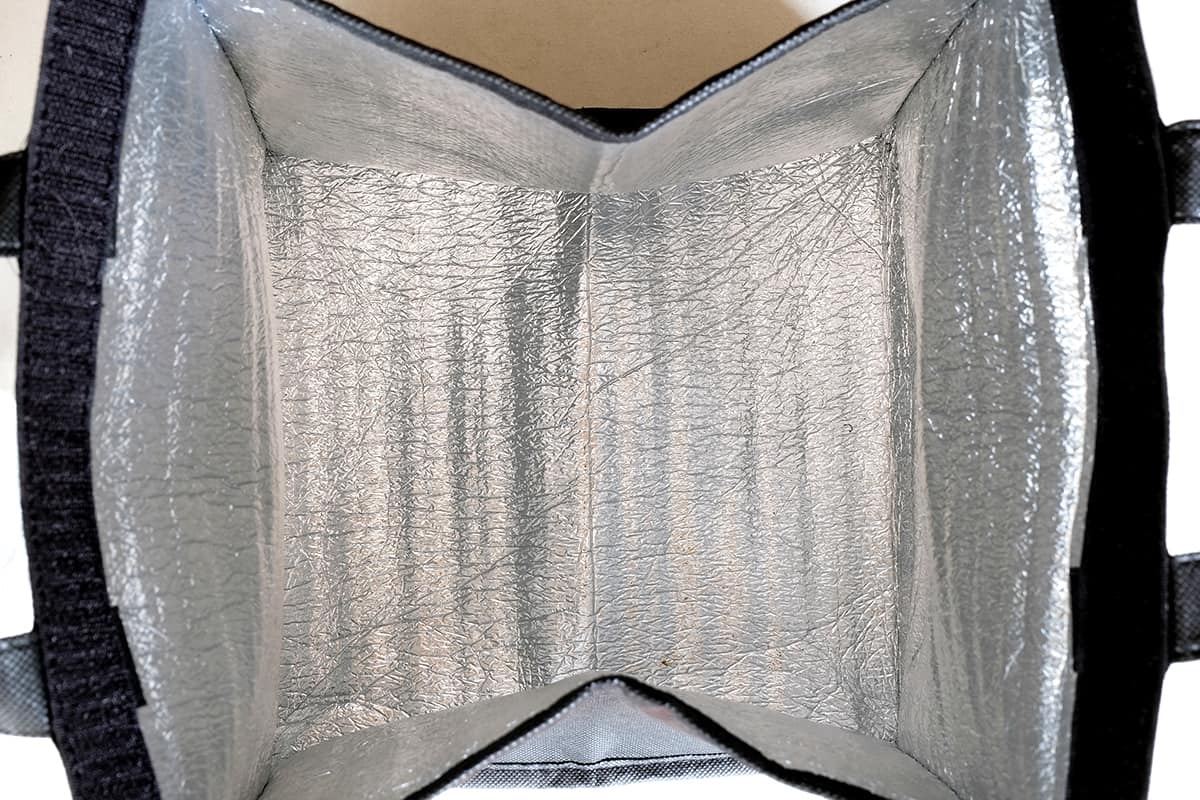
If you know that you are going to have your groceries in your car for an extended period of time, then plan ahead and take coolers or insulated bags with you. A few ice packs inside an insulated bag will help to keep perishable groceries cool and stop them from spoiling, even if they are in the car for many hours.
It’s a good idea to keep insulated bags in the trunk of your car to use on your way home from the grocery store. These won’t work as well as cool boxes, but they can slow down the process of refrigerated goods heating up in a car.
Pack smart
There are likely some items in your grocery shop which are frozen, so pack these in bags along with perishables that need to stay cool. For example, packing a rotisserie chicken alongside a pack of frozen peas will help to keep it cool and ensure it doesn’t spoil when left in the car.
Plan ahead
Sometimes leaving groceries in the car for long periods of time cannot be helped, but if possible, you should plan ahead to avoid this scenario. If you have errands to run, always do these before you do your grocery shop so that your groceries aren’t in your trunk for an extended amount of time. Plan out your trip so that you can go directly home from the grocery store, and ideally, choose a grocery store located close to home so that the journey back isn’t too long.
Unload as soon as possible
When you get home from the grocery store, you should make it a priority to unload your groceries immediately, starting with the perishables first. Leaving the groceries in the trunk of your car on the driveway or in bags on your kitchen counter is going to allow bacteria to thrive. Instead, put all of your perishables in the fridge right away, then move on to your frozen goods; lastly, you can move the non-perishable groceries to their place in your pantry or kitchen cabinets.
